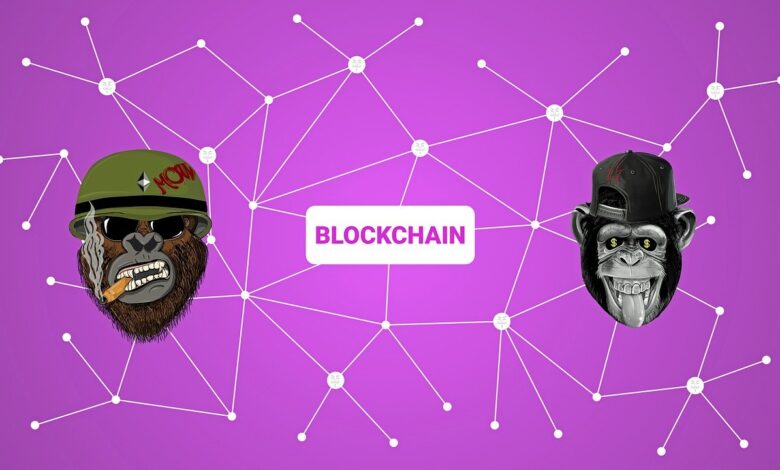Why do cryptocurrency inventors want anonymity?

France’s capital, ParisThe two longtime friends from Florida never sought fame, but when they developed a multimillion-dollar company selling digital art, the world demanded to know who they were.
They developed the “Bored Ape Yacht Club,” a collection of 10,000 drawings depicting apes with varying haircuts and clothing, under the pseudonyms ‘Gargamel‘ and “Gordon Goner.”
Because Paris Hilton and Serena Williams have endorsed them, it’s becoming more difficult to get one for less than $280,000.
BuzzFeed, a US news organisation, conducted some digging earlier this month and discovered their genuine identities, eliciting an outpouring of outrage on social media from their followers.
“Doxing is crazy, and it puts people in danger,” one Twitter user said, referring to the internet slang term for identifying someone without their permission.
The incident has refocused attention on the issue of anonymity in the cryptocurrency realm.
While the developers of the “Bored Apes” may like to remain anonymous in the crypto world, as owners of a firm called Yuga Labs, they are required to adhere to all standard corporate registration requirements, including naming named beneficiaries.
It doesn’t make you untraceable to use a pseudonym, says cryptocurrency expert Alexander Stachtenko, who works for the accounting firm KPMG.
Possibility of robbery
The founders of Bored Apes aren’t sure why they wanted to keep their identities secret, since they had already given interviews under false names.
According to critics, anybody profiting from NFTs would be advised to remain anonymous since what they are offering is useless.
Fans, on the other hand, like the opportunity to be a part of a community where NFT ownership is often a doorway to games and other rewards.
In any case, anyone who makes significant money in this profession has compelling reasons to remain anonymous.
“I don’t need the public in crypto to know who I am, what I look like, or my origins,” a developer known as “Owl of Moistness” explains.
“I’m not willing to risk being robbed or having my family harmed.”
He co-founded Yield Guild Games, a business specialising in NFT video games in the Philippines, a country where the NFT mania has taken root.
He emphasises that the blockchain technology, which supports cryptocurrencies and NFTs, is a public record that allows anybody to track transactions.
As a result, by linking his crypto and physical identities, anyone can determine his wealth.
However, when a project grows in scope, it becomes increasingly difficult to maintain anonymity.
Soona Amhaz of Volt Capital, a cryptocurrency-focused hedge fund, explains that “it gets more challenging as you grow your staff.”
‘In the most equitable manner possible‘
In the crypto world, one of the most common ways to stay anonymous is to set up a DAO (decentralized autonomous organization).
DAOs allow people to act and interact in the same way that a corporation would, but they don’t have official legal status or identifiable owners.
Profiteers would still be subject to taxation, but associating real-world people with these businesses is much more difficult than, for instance, scouring public records for the Bored Apes founders. “Zeus,” who started the Olympus cryptocurrency, and “Code Monkey,” who started the Port Finance cryptocurrency have both used this method.
However, several individuals take advantage of the expectation of anonymity for criminal objectives.
According to analytic company Chainalysis, DAOs and other decentralised entities are especially prone to fraud.
AnubisDAO was one of these businesses. It was started last October by anonymous coders with just a Twitter account and a logo, but now it has a lot of money.
According to Chainalysis, it went away less than a day after it was launched, taking $60 million from investors.
And it seems as if the crypto world is shifting away from anonymity.
To fight this kind of fraud, the majority of the bigger bitcoin exchanges have included identification checks.
Soona Amhaz, on the other hand, says that the DAO concept is still good because they are regulated by the blockchain.
Anyone may audit a given DAO’s transactions and determine whether they are valid or questionable. Additionally, she points out a significant benefit.
She explains: “Whether you use a pseudonym or not, it makes no difference if you attended the wrong school.”
“It is just your work and reputation that is being assessed. And it is, without a doubt, one of the most objective methods of evaluating someone. “





